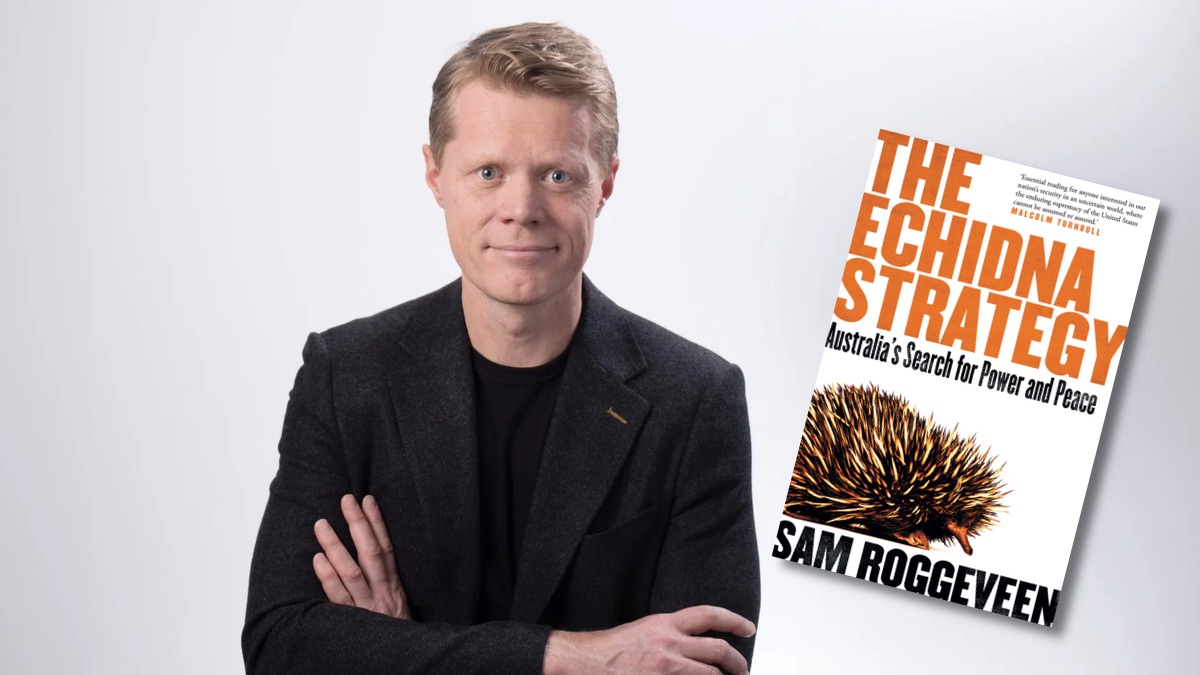 My week of Monday 29 February to Sunday 6 March 2016 was a significant improvement on the previous week — mostly because I was in Melbourne, but also due to the bad influence of that hacker and an evil cyberpixie.
My week of Monday 29 February to Sunday 6 March 2016 was a significant improvement on the previous week — mostly because I was in Melbourne, but also due to the bad influence of that hacker and an evil cyberpixie.
As I write this, it’s still very early on Sunday morning, so technically the week hasn’t ended yet — but details. You’ll cope.
Articles
Podcasts
None, but I do want to wrap up that episode of The 9pm Edict podcast very soon. See below.
Media Appearances
None.
Corporate Largesse
The Week Ahead
It’s another rather structured week for me. Monday kicks off with the 1024 train down to Sydney, and at 1335 I’m catching VA648 SYD-CBR. I’m organising a meeting or two for the afternoon and evening.
On Tuesday, I’m covering the Australian Internet Industry Association (AIIA) Navigating Privacy and Security Summit for ZDNet. On Wednesday, I’ll be writing about that before another meeting or two. Then at 1905 it’s VA669 CBR-SYD.
Thursday through Saturday is unplanned as yet, but I’ll be back in Wentworth Falls, and I hope to get that damn podcast done somewhere in there.
On Sunday, I’m heading a few kilometres up the Great Western Highway to Leura for day one of Tech Leaders.
Further Ahead
I’ll be in Canberra again 12-14 April for the Australian Cyber Security Centre (ACSC) Conference. And I’ll be on the Gold Coast on 24-27 May for the AusCERT Cyber Security Conference.
[Photo: Approaching Melbourne. A Virgin Australia Boeing 737-800 banks as it turns for its final approach to Melbourne Airport on 29 February 2016.]



